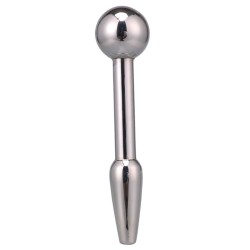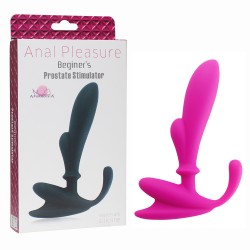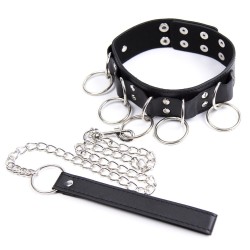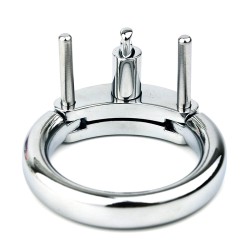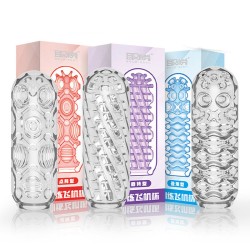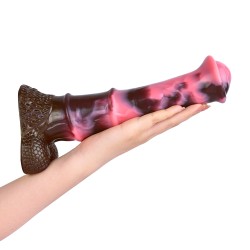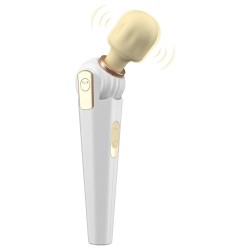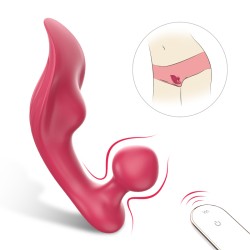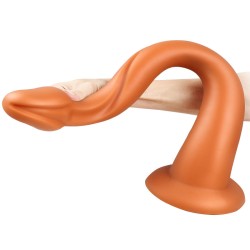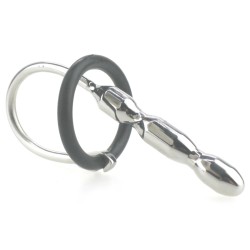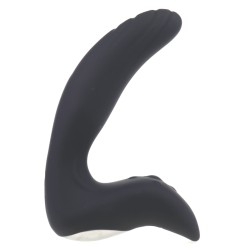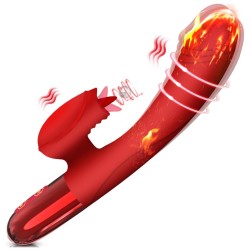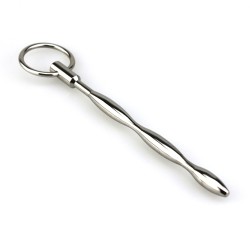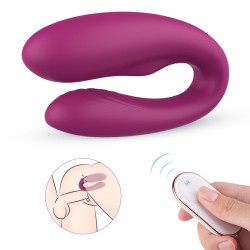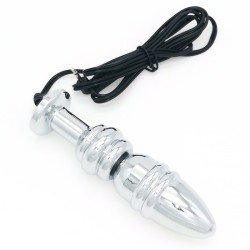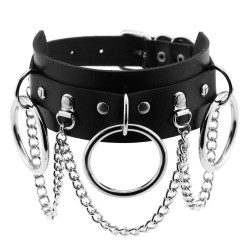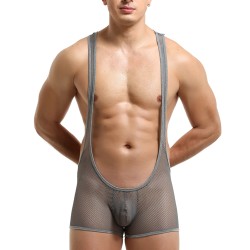Sex Toys For Couples Buy Our Couples Toys On-line
Female masturbation sex toys for ladies have taken a positive flip for a few years now body restraints kit 4 pcs, because of new-age films and digital technology. Welcome to Sextoy.com, the premier destination for all of your grownup pleasure needs. As America’s highest-rated on-line intercourse toy retailer, we offer an incredible choice of top-quality merchandise designed to reinforce your sexual wellness and satisfaction. With over 50,000 items from the trade’s leading brands, our online store features day by day new arrivals chimong rechargeable wand vibrator chastity device lancelot diamond tube, guaranteeing you all the time have entry to the newest and greatest in adult toys. At Sextoy.com, we consider that everyone deserves to experience ultimate pleasure, and we’re committed to providing distinctive grownup merchandise at unbeatable prices. Whether you’re looking for sex toys for ladies, men, or couples, our extensive assortment has one thing to ignite each ardour.
Both testers who tried these toys said that utilizing them involved a studying curve, and whereas one tester enjoyed the novel sensations and achieved orgasm using them, our different tester could not, even after multiple periods. We would suggest these models collar to wrist restraints, that are sometimes priced around $90, to skilled sex-toy connoisseurs looking for something completely different bella vibrator, rather than to newbies purchasing for their first vibrator. The Tulip includes a rolling ball bearing at the flat tip of the toy anchor attractive p spot butt plug, which feels quite sturdy in opposition to a fingertip however supplies less-intense stimulation when pressed in opposition to a clitoris.
It’s received a versatile, waterproof design and two totally different sized heads for broad or focused stimulation, depending on what you’re looking for. The rumbly motor is built powerful and quiet, so you can discreetly pleasure yourself anywhere. It also has five patterns and intensities and is made with medical-grade silicone.
Many vibes are designed for external stimulation, but there are additionally plenty of options that can be used internally to target the G-spot chain waterfall top and brief set, A-spot, cervix, and prostate. Dual-stimulation vibrators can attain two hot spots at once—rabbit vibes, for instance, focus on both the clit and the G-spot. With its AI-powered thrusting technology and hands-free performance collar to wrist restraints0, it brings a sensible and immersive expertise to your bed room. Whether you’re exploring solo play or spicing issues up with a partner butterfly stretching rabbit vibrator, Solace Pro makes pleasure simple, interactive, and customizable. At Lovers we provide masturbation sleeves, vibrating rings, prostate massagers, and anal toys designed for men.
The greatest sex toys for couples make coming together easy collar neck cuffs and handcuffs bondage restraints, intimate, and even slightly spiritual. This female-led intercourse toy brand offers a few of the most beautiful intercourse toys we have seen (and the packaging is fairly cool, too). They’re body-safe, powerful, and designed along with your pleasure in mind.
Our intercourse toy store provides all kinds of quality sexual essentials and pleasure products, making us a high destination for intercourse toys in the Philippines. We consider that shopping for adult sex toys online lets you take your time and trust in your purchases. Now is the perfect time to explore the depths of your sexual creativeness and push the boundaries in your hottest kinks and fantasies.
